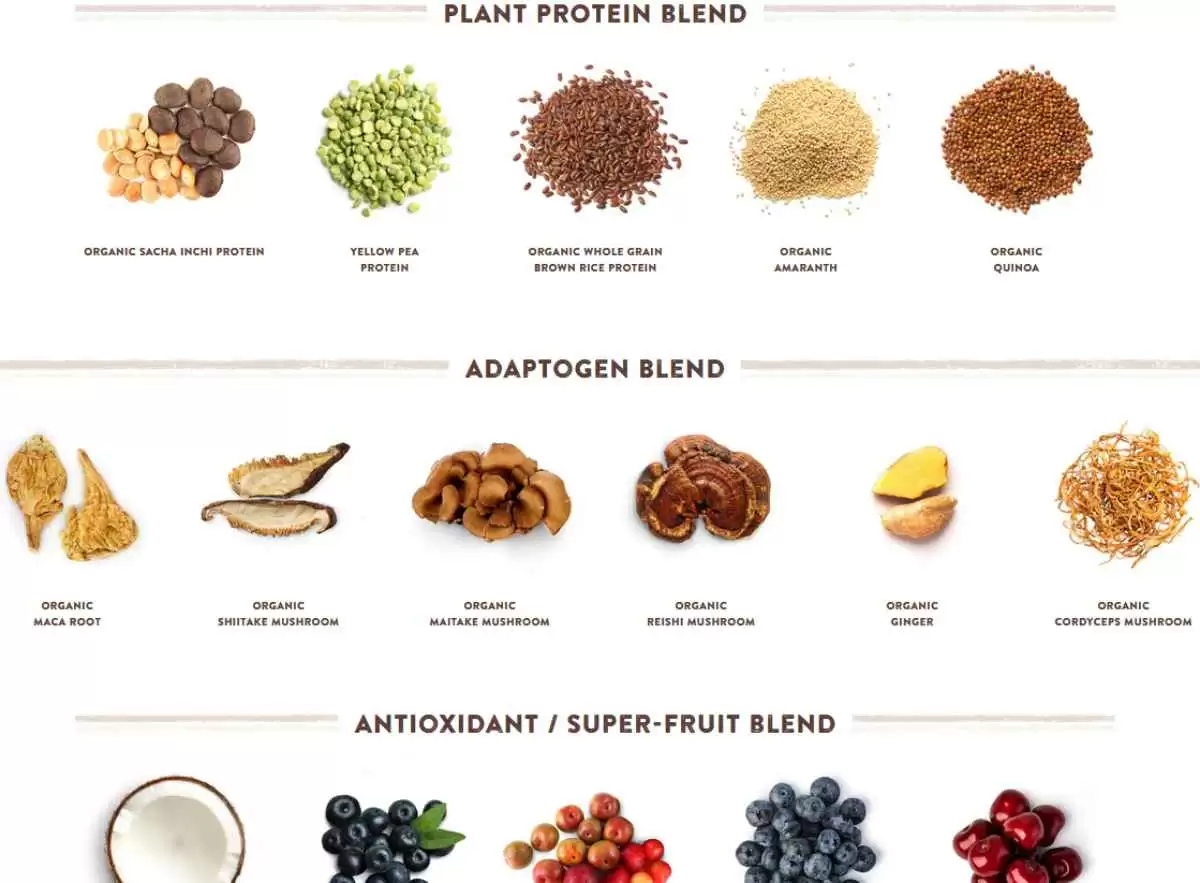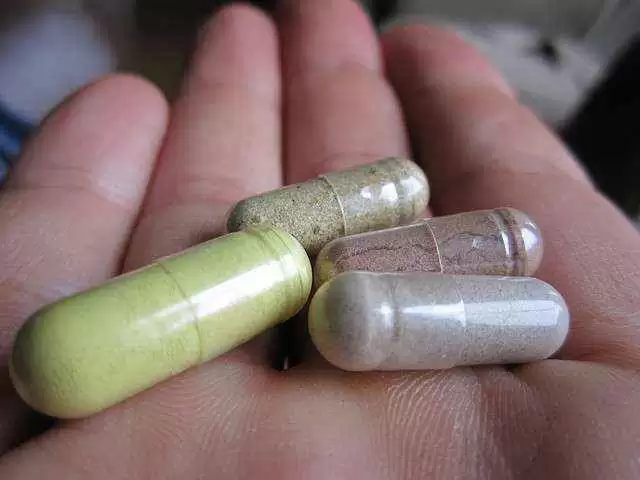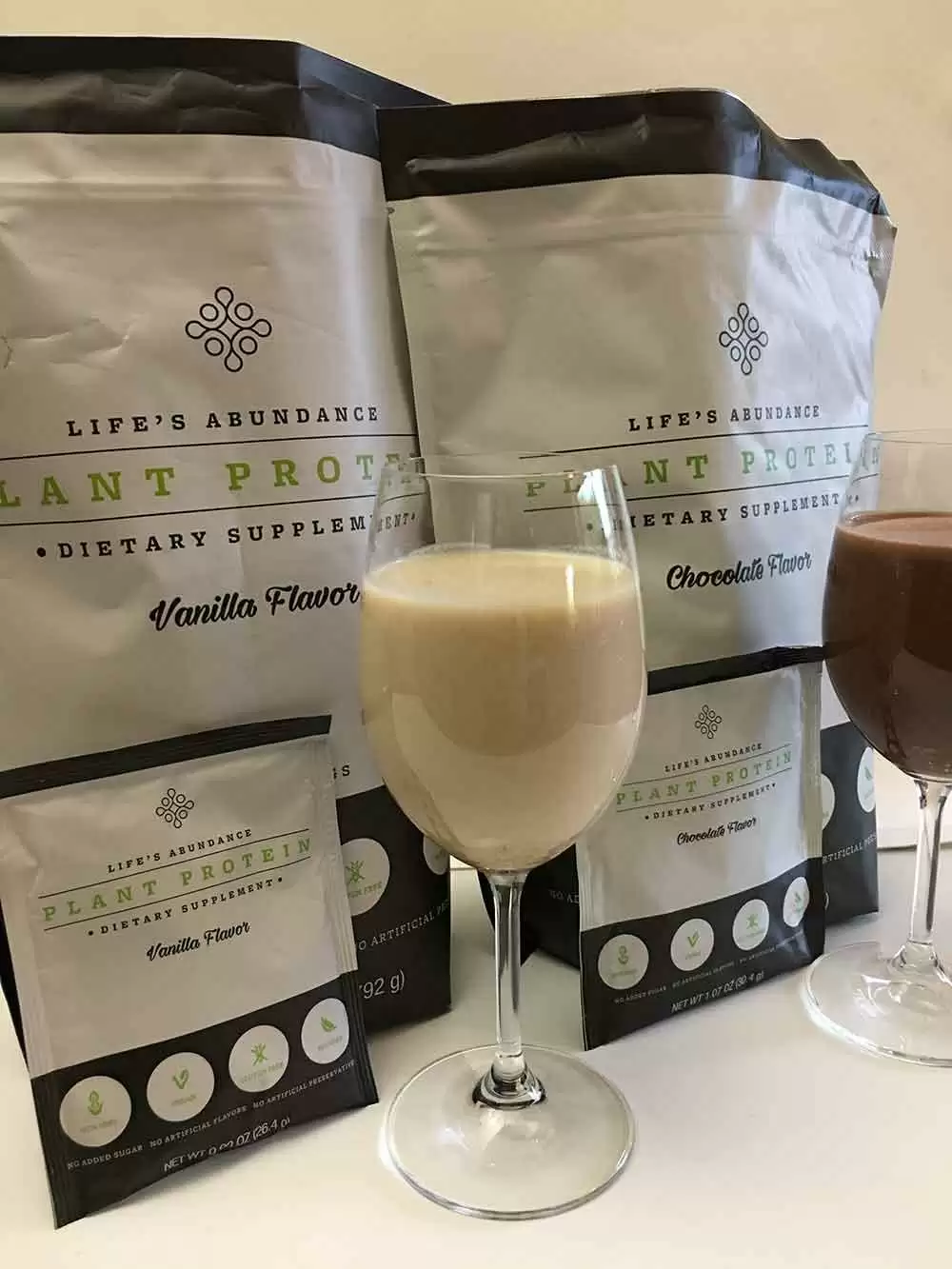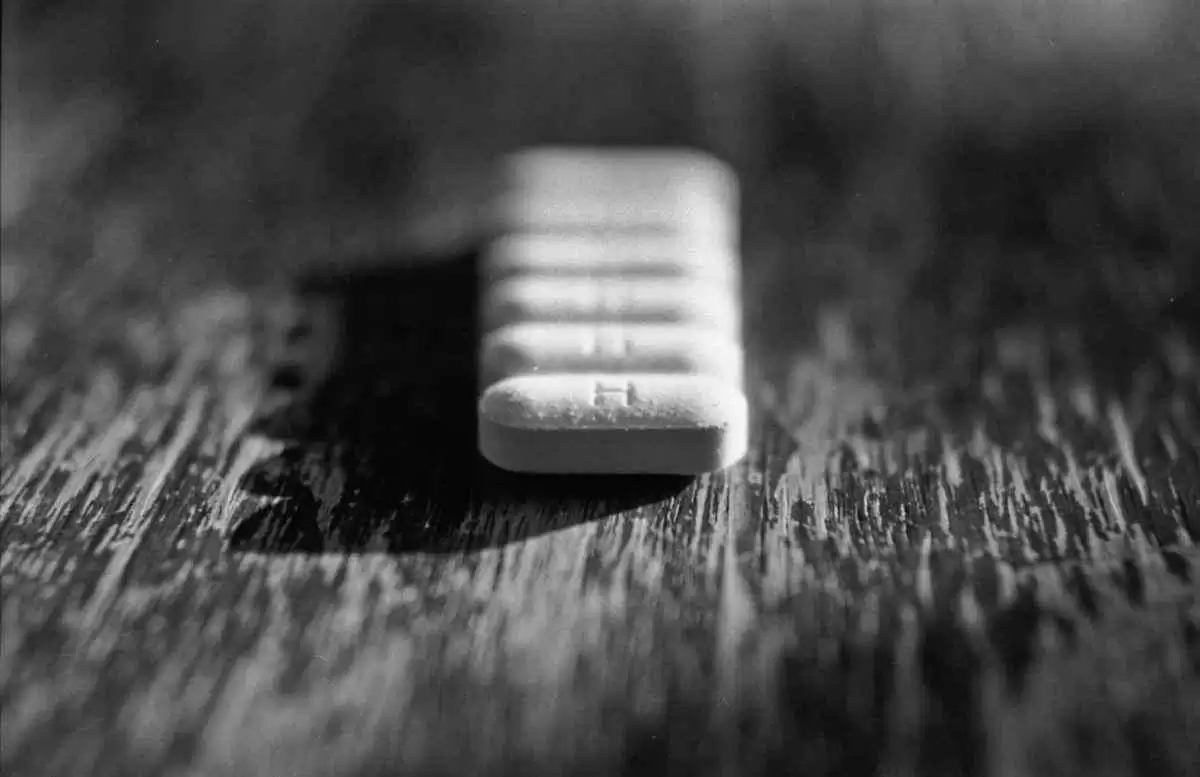
11/30/2022 - We get a lot of questions from people wondering which brands or products are gluten-free and safe for people with celiac disease.
We've recently seen a lot of questions about the meal replacement product called Ka'Chava. Specifically, is Ka'Chava gluten-free and safe for people with celiac disease or gluten intolerance?
Celiac.com Sponsor (A12):
Ka'Chava is a powdered nutritional meal shake mix made with numerous "superfood" ingredients, and which touts numerous potential health benefits.
The good news for anyone wondering about the gluten-free status of Ka'Chava, worry not, Ka'Chava is considered naturally gluten-free, although they don't label it gluten-free.
This from the support section of the Ka'Chava website:
- "All the ingredients in Ka’Chava are Gluten-Free in accordance with FDA specifications. We test every single batch of finished product as part of our Certificate of Analysis. In addition, we have independent, third-party labs test and verify periodically for additional assurance. As always, please review all the ingredients with your doctor first, if you have any health conditions such as Celiacs Disease."
Ka'Chava's ingredients can be found here by clicking the link.
As for whether Ka'Chava is safe for people with celiac disease, we're going to echo the company advice to check all of the ingredients with your doctor before trying the product.









Recommended Comments
Create an account or sign in to comment
You need to be a member in order to leave a comment
Create an account
Sign up for a new account in our community. It's easy!
Register a new accountSign in
Already have an account? Sign in here.
Sign In Now